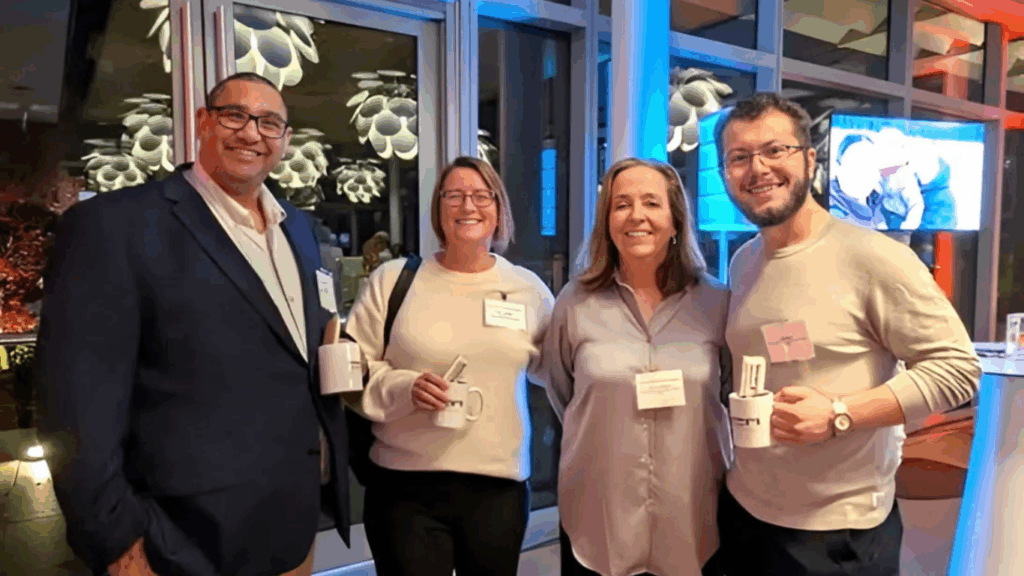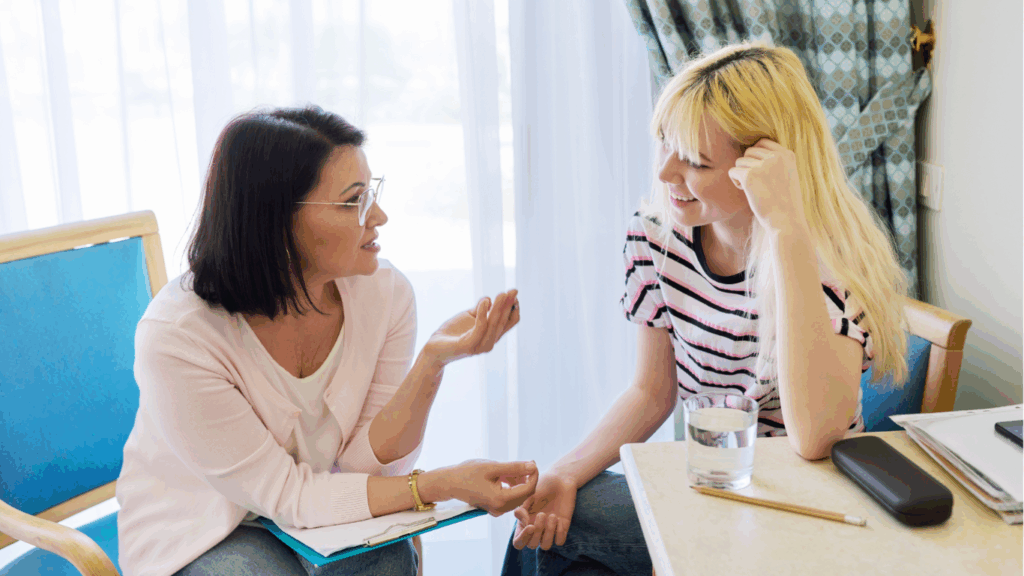The Adopted Voice column was inspired by the #FlipTheScript hashtag campaign, which draws attention to the importance of adoptee voices, especially during Adoption Awareness Month. In this issue, we hear from Catherine Moore, who is both an adoptee and adoptive mother.
Adoption is our common ground
I’m the co-founder of We Are Adopted, a non-profit organization that offers a monthly discussion and support group in Vancouver for adults age 18 and up. We are all adopted; some of us have also have experienced foster care; some have arrived in Canada from distant parts of the world; some of us have a significant trauma history; and all of us find common ground, despite differences in age, race, background, cultural identity and affiliation, sexual and other orientations. Somewhere along the line each of us has stumbled upon the fact that being adopted has impacted us significantly.
One of our recent discussions was about how our adoptive parents assisted or hindered us in coming to terms with our adoptive status and the reality of belonging to two families. In this article, I want to share some insights that came about during that discussion.
Tell us right away
The first realization was that it was helpful to have been told early that we were adopted—so early in our lives that we always knew. We know from peer reviewed research that infants and young children retain visceral or “felt-sense” memories of their earliest experiences. While they may not be able to access that knowledge verbally, or understand the stored memories in an intellectual sense, they’re still affected by them.
It’s important for parents to give adopted children information that’s congruent with their “felt-sense” memories. Without the truth, adopted children will struggle with incongruous messages that confuse them and make them doubt their ability to discern reality.
One member at this meeting wasn’t told of her adoptive status until she was 26. The revelation confirmed what she had guessed at over the years. She also realized the years of not knowing the truth had eroded her trust in herself and in her parents. She had learned to protect her parent’s need for secrecy by essentially lying to herself and dissociating from her own feelings and sense of reality.
Without the safety of adult support to make sense of her feelings and experiences, there was only confusion and a subversion of self—a mind game that left her feeling abandoned and unworthy.
Help us feel safe
Only one adopted adult in the group that night had experienced explicit, open, ongoing discussion with her adoptive parents that allowed her to explore her natural curiosity about her adoptive status. For her, asking her parents about anything felt as natural as breathing, and helped her feel whole and understood. The knowledge that it was ok to be herself and to be curious helped her explore all the questions and feelings that arose throughout her journey from child to adult.
The rest of us listened to this in amazement as we allowed ourselves to imagine what it would have been like to be understood, and to have had parents who knew what we needed to feel safe. It was an incredible moment of powerful, healing insight.
Some of us in that room were adoptive parents as well as adoptees. We instinctively provide that open forum for our children because we know what was missing in our own early experiences.
Encourage our curiosity
As a mental health professional, I regularly see clinical levels of anxiety in adopted children and adults. One way to help adopted children deal with the anxiety of complicated feelings is to be genuinely and relentlessly available to their curiosity.
Parents who can comfortably attend to their adopted children’s feelings give them a profound gift. They tell them, “You can bring anything to me and I will see it for what it is: a need for security, for understanding and acceptance.”
That gift of understanding is like a magic balm that erases shame, self doubt, dissociation, anger, and pain. Cultivating and valuing of curiosity helps facilitate communication, and increases trust and security in ourselves and in our children.
Learn more about We Are Adopted at www.weareadopted.ca.
If you’re an adoptee of any age who’s interested in writing for Adopted Voice, we’d love to hear from you! Reach us at editor@bcadoption.com.




